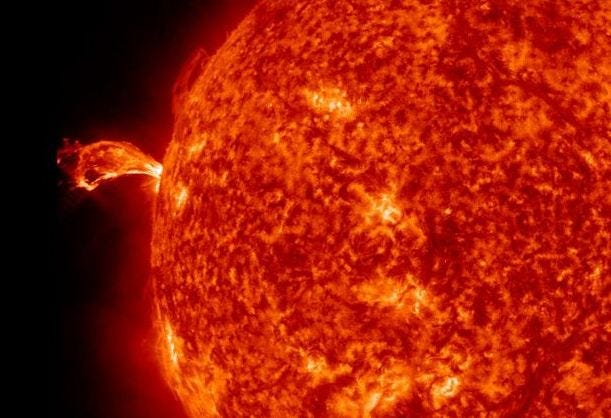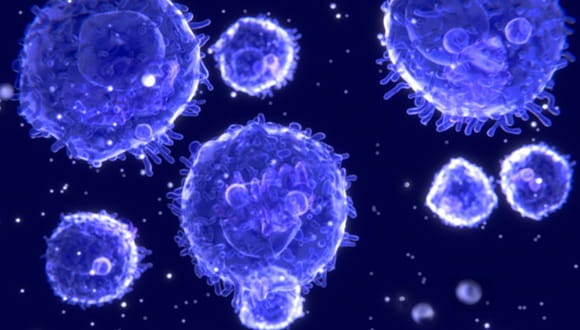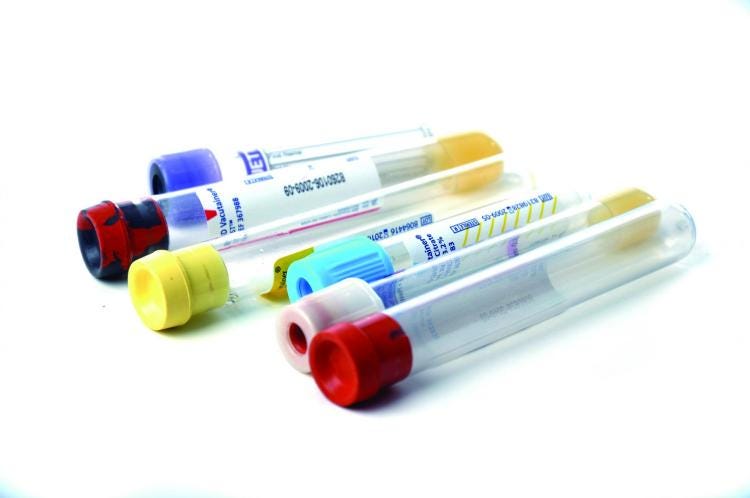Vitamin D for Deficient
Fixing the modern vampire lifestyle.
[Quick Note: Antarctica Part II will hopefully be out in the next couple of weeks… I’ve been a tad lazy]
Really? Vitamin D?
Yep, buckle-up and put on your thinking caps. Here at the Absurd Journal, we pride ourselves on first principles thinking and, in this issue, we’ll apply that logic to vitamin D. Specifically, we’ll investigate what it affects and why we should all probably be supplementing it. Let’s keep things simple though.
Enter the Letter D Vitamin:
At least for me, vitamin D was one of those things that I knew of but didn’t fully appreciate. Here’s what we all probably know about it: sunlight hits our skin, something happens in our body, vitamin D is created, and all of this is somehow good for us. Sounds familiar, right? Conveniently, this explanation is just vague enough for us to conclude that we’re probably fine. Our skin does the job for us after all. Do we need to worry that our stomachs are doing the right thing or think about our heart beating? Probably not.
Here's what we’re missing though: we just don’t get enough sun as modern people.
Think about it. The average person is probably indoors for the vast majority of the day. Things are even worse for office workers. Personally, I’d estimate that I’m only outside for a couple hours a day and that’s only with an average work week of 40 hours or so.
Intuitively, something should feel very wrong about this. We’re missing the most important piece of the vitamin D puzzle: Sunlight in, vitamin D out. No sunlight, no vitamin D, end of story. Of course, some of our foods (like milk) are fortified with vitamin D, but this does not seem to fill the gap. And this is exactly what current research reflects. According to study by the NIH, 42% of Americans are vitamin D deficient, with another study finding similar results in Europe (A deficiency rate of about 40%). Researchers have even nicknamed it “an invisible epidemic” and a “pandemic”.
But despite these scary statistics and nicknames, it doesn’t seem to be a mainstream focus.
Of course, scientists study it, but it doesn’t appear to be a priority. I’d guess that it’s simply because vitamin D isn’t considered “prestigious” in the scientific community. Disagree? Close your eyes. You’re now a scientist. Would you rather devote your life to studying some complex mRNA treatment (pretending to know science here) or a vitamin that they add to milk? How many things are we missing or ignoring because they’re not “prestigious”? Scientists aren’t safe from being insecure and status seeking. And since the complex is viewed as higher status than the simple, it’s no wonder why we keep ignoring simple, boring potential fixes to problems. Something to think about.
Anyways, what can happen when your body isn’t getting enough vitamin D? Again, let’s keep it simple.
Fatigue — vitamin D plays an important role in the production of ATP.
Bone and muscle weakness — vitamin D plays an important role in calcium absorption.
Weakened immune system — vitamin D plays an important role in regulating the activity of immune cells.
Clearly, we’d all prefer to avoid these things.
Advice:
So, are we doomed to be modern vampires? It doesn’t seem like it to me. Take a second to reflect. Are you getting enough sunlight and vitamin D? I think it’s safe to assume that you’re probably not.
Spend $50 and get your levels checked. Here’s a link to the test that I used (LINK). Whining about $50? Think about it like this: that $50 could potentially reveal a deficiency that when treated, could improve your energy levels and your general health. It truly is a small investment, when you realize that it could potentially improve your life permanently.
If it turns out that you do have a deficiency, speak with your doctor about supplementation and next steps. I’m certainly not a doctor, but I picked up a bottle of liquid vitamin D3/K2 (LINK) and have been taking it with water in the morning and at night. This seems to be the gold standard supplement, as far as they go. My understanding is that it’s important to include vitamin K given that it plays an important role in metabolizing calcium (and making sure it ends up in your bones).
I’ve made some lifestyle and diet changes in addition to supplementing vitamin D, so I can’t say anything for certain, but I find that my energy levels are drastically higher. It seems insane that this isn’t a more commonplace thing.
Don’t write it off. I’m not advocating for aligning your chakras, all of this is very real.
Bonus: A Quick Diatribe Against Society
It seems that as a society, we’ve completely lost sight of our nature. We fail to appreciate even in passing the mismatch between our modern environment and the one that we evolved to thrive in. This is not to say that modern life is horrible and that we should instead wear loin cloths and throw rocks at each other, but we shouldn’t we at least think about it?
It’s frustrating to me that complex things are often viewed as inherently better than simple things, especially in medicine. Pharmaceuticals are often emphasized over supplements. Treatments are often emphasized over preventative measures. It’s ludicrous that we often ignore or believe that we are above things like vitamin D, an essential component of our bodies.
How arrogant is it to believe that we have outgrown our need for the sun?
My point is that we should at the very least acknowledge this mismatch instead of trying to ignore it or sweep it under the rug. Let’s take a second to consider if our fundamental needs are being met. Are we getting enough sunlight, exercise, sleep, etc. If we aren’t, let’s do our best to fix those things and then and only then turn to pharmaceuticals.
I understand that what I’m advocating here is purely a fairytale. I get it.
This style of thinking will never catch on in society for three very important reasons:
it’s difficult,
it’s time-consuming,
and it’s expensive.
Society seems to optimize based on the opposite criteria. We love anything that is easy, requires little time investment, and costs little to no money. Still not convinced? Next time you’re in public, look at someone (or yourself) scrolling through TikTok. It checks all of the above boxes. It’s very hard to avoid the magnetic pull of something like that.
But, if we can’t control the many millions of people around us, what can we control Thankfully ourselves, specifically our own actions.
Do with that what you will.
Thanks for reading guys.
If you enjoyed this one, make sure to subscribe to receive posts like this via email and consider sharing with a friend.










All the vitamin D scientists got kicked out of school for giving the mRNA scientists wedgies